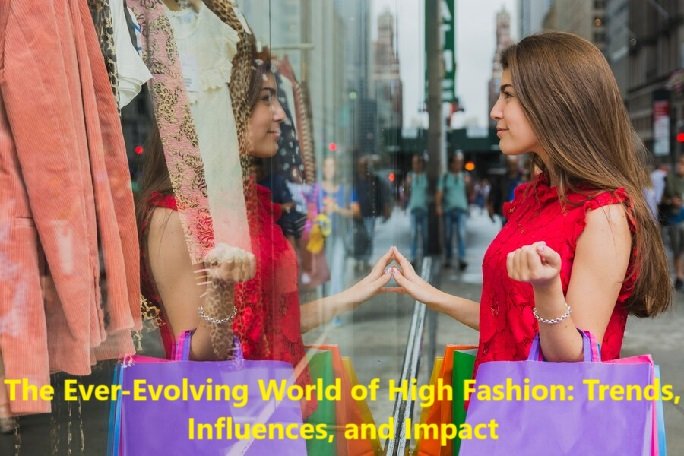I. Introduction
- Hook: Open with a captivating statement about the allure and mystique of high, fashion (e.g., “High fashion isn’t just clothing; it’s an art form that defines cultures and transcends time.”).
- Definition: Explain what constitutes “high, fashion” and how it differs from fast fashion or ready-to-wear collections.
- Thesis Statement: Discuss how high, fashion blends creativity, culture, and commerce while driving trends and influencing society.
II. The History of High Fashion
- Origins: The birth of haute couture in 19th-century France (Charles Frederick Worth and the rise of Paris as a fashion capital).
- Evolution: Key milestones in high fashion across decades, from the Roaring Twenties to the modern era.
- Cultural Shifts: How high fashion has reflected and influenced societal changes (e.g., women’s liberation, counterculture movements).
III. Key Players in High Fashion
- Iconic Designers: Profiles of visionaries like Coco Chanel, Christian Dior, Yves Saint Laurent, and Alexander McQueen.
- Luxury Brands: The enduring legacy of brands like Gucci, Louis Vuitton, and Prada.
- Emerging Talent: Spotlight on rising stars reshaping the high-fashion landscape.
IV. High Fashion Today
- Runway Trends: Highlights from recent Fashion Weeks (Paris, Milan, New York, London).
- Global Influence: How high,fashion is expanding beyond traditional Western markets (e.g., the rise of Asian designers and African fashion).
- Celebrity Endorsements: The impact of celebrities and influencers on high, fashion’s reach and appeal.
V. The Role of Sustainability in High Fashion
- Environmental Challenges: Criticism of the fashion industry’s environmental impact.
- Innovations: How luxury brands are incorporating sustainability, such as eco-friendly materials and circular fashion.
- Consumer Demand: The growing preference for ethical fashion among buyers.
VI. The Art of High Fashion
- Creativity and Craftsmanship: Behind-the-scenes of couture collections, from design sketches to runway shows.
- Theatricality: The role of storytelling and themes in high-fashion presentations.
- Fashion as Art: Examples of fashion being exhibited in museums and galleries.
VII. The Future of High, Fashion
- Technology Integration: AI, virtual reality, and digital fashion impacting the industry.
- Changing Demographics: Appealing to Gen Z and millennial consumers.
- Inclusivity: Steps toward greater representation in models, designers, and target audiences.
VIII. Conclusion
- Summary: Recap the key elements of high, fashion’s impact and ongoing evolution.
- Reflection: The timeless appeal of high, fashion as a blend of tradition, innovation, and artistry.
- Call to Action: Encourage readers to explore high, fashion, whether through following trends, supporting sustainable practices, or discovering emerging designers.
Supplementary Sections (Optional)
- FAQs about High Fashion: Common questions answered for readers new to the topic.
- Infographic or Visual: Highlighting major fashion capitals, iconic brands, or trends.
- References and Resources: Links to fashion blogs, books, and documentaries for deeper exploration.
This detailed outline provides a comprehensive guide to crafting an engaging and informative article about high, fashion. Let me know if you’d like me to expand on any section!
